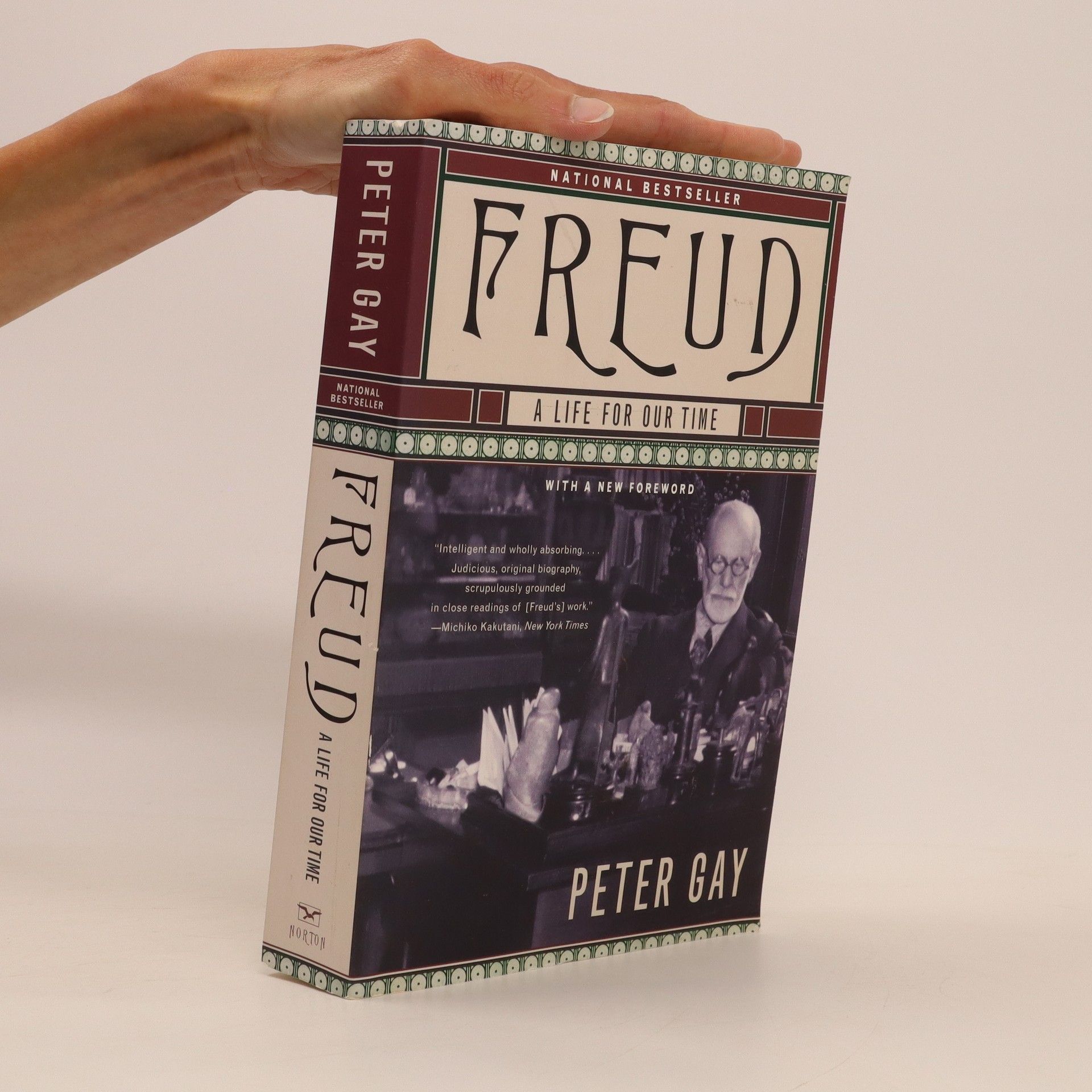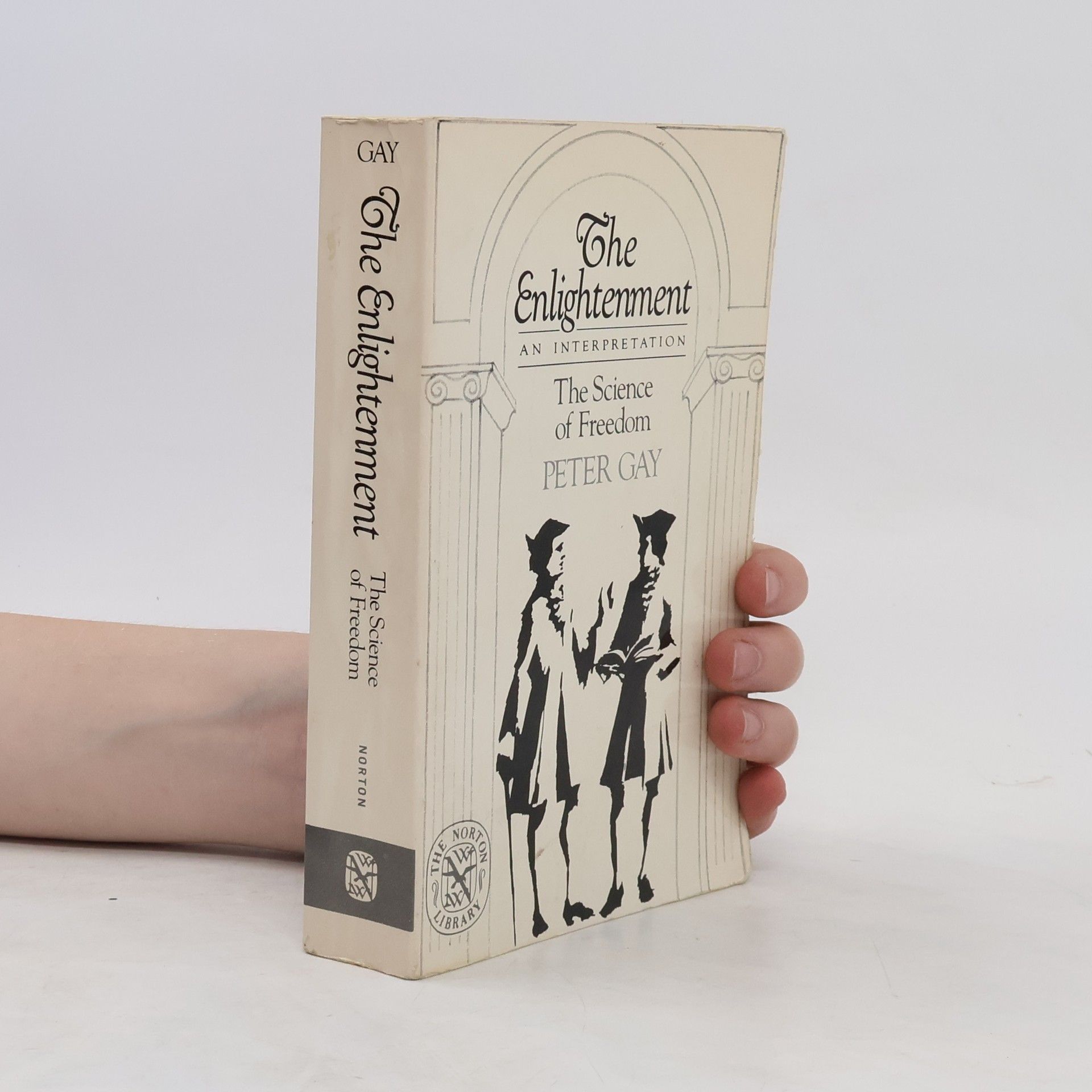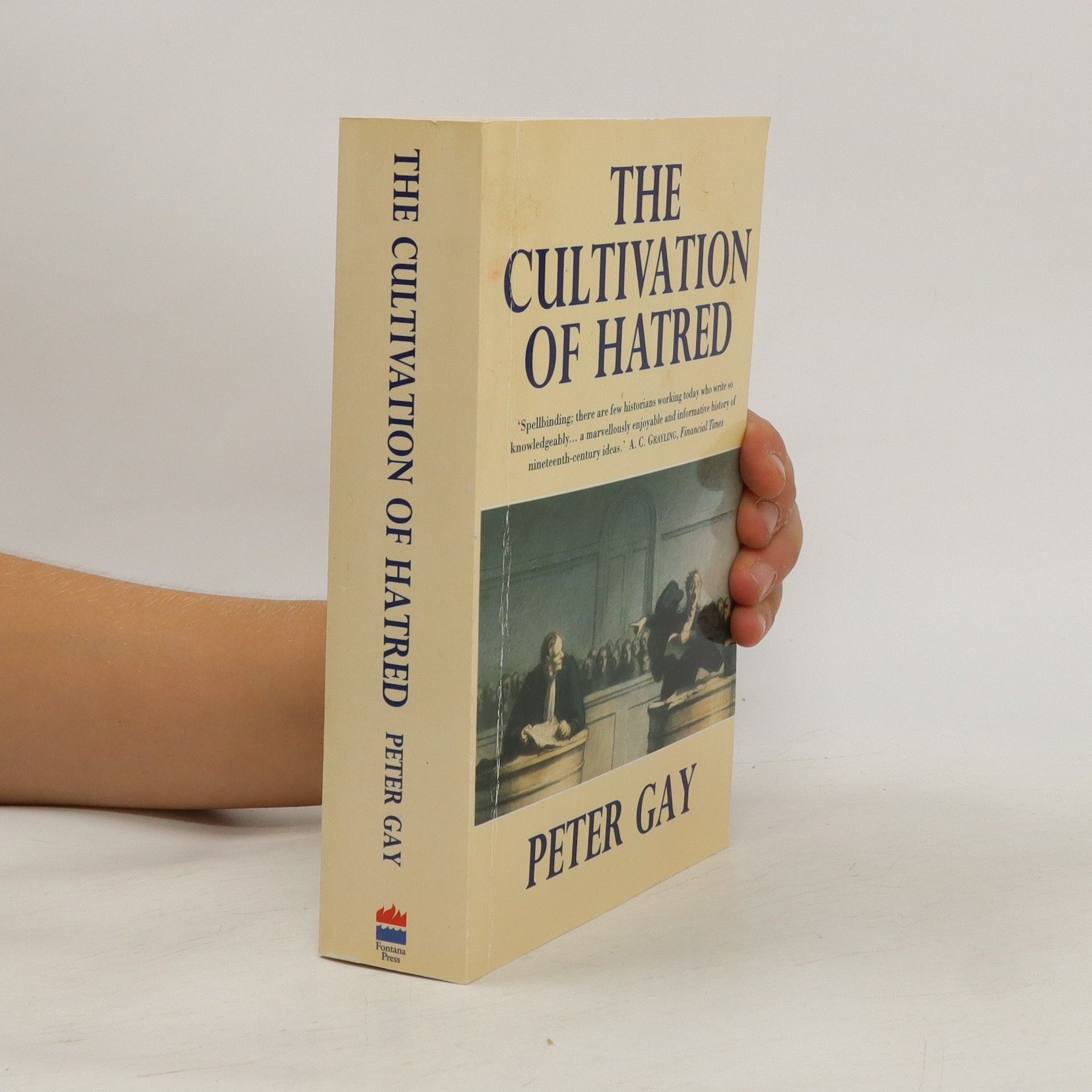Storia del Mondo 1-3
- 3volumi
La ricerca di Peter Gay si addentra nella storia culturale e intellettuale, con un focus particolare sull'Illuminismo europeo. La sua scrittura è caratterizzata da una profonda comprensione del contesto storico e da un'analisi precisa delle correnti intellettuali. Gay esplora come le idee si sono formate e come hanno influenzato la società. Le sue opere sono apprezzate per la loro erudizione e la capacità di illuminare fenomeni storici complessi per i lettori.






Peter Gay explores three literary masterpieces—Dickens's "Bleak House," Flaubert's "Madame Bovary," and Mann's "Buddenbrooks"—to reveal that novels offer more than historical truth. He examines the authors' craftsmanship and shared resentment towards society, showcasing their writing as a form of revenge within the Western literary canon.
Gay's search through middle-class Victorian culture, illuminated by lively portraits of such daunting figures as Bismarck, Darwin and his acolytes, George Eliot, and the great satirists Daumier and Wilhelm Busch, covers a vast terrain: the relations between men and women, wit, demagoguery, and much more. We discover the multiple ways in which the nineteenth century at once restrained aggressive behavior and licensed it. Aggression split the social universe into insiders and outsiders. "By gathering up communities of insiders," Professor Gay writes, the Victorians "discovered--only too often invented--a world of strangers beyond the pale, of individuals and classes, races and nations it was perfectly proper to debate, patronize, ridicule, bully, exploit, or exterminate." The aggressions so channeled or bottled could not be contained forever. Ultimately, they exploded in the First World War.
Gay presents a series of essays ranging from reflections on Freud and Shakespeare to Gay's controversial spoof review of Freud's The Interpretation of Dreams.
An Interpretation. The Science of Freedom
Part of a two-volume study of the Enlightenment, this volume develops a social history of the period, the "Philosophes" and their background. The author provides insights into the Enlightenment's critical methods and its humane and libertarian visions.
A biography and study of the psychoanalyst's career, family, personal life, and professional struggles.
Set against a backdrop of shifting societal norms, the book delves into a pivotal era when the lines between erotic expression and restraint began to blur, reshaping the nature of love. It combines meticulous research with a lyrical writing style, offering insights into the complexities of Victorian relationships, both fictional and real. The author’s ability to weave together historical context and personal experiences creates a compelling narrative that captures the essence of the "tender passion" during this transformative time.
Introduction by Peter Gay Translated and edited by Walter Kaufmann Commentary by Martin Heidegger, Albert Camus, and Gilles Deleuze One hundred years after his death, Friedrich Nietzsche remains the most influential philosopher of the modern era. Basic Writings of Nietzsche gathers the complete texts of five of Nietzsche’s most important works, from his first book to his last: The Birth of Tragedy, Beyond Good and Evil, On the Genealogy of Morals, The Case of Wagner, and Ecce Homo. Edited and translated by the great Nietzsche scholar Walter Kaufmann, this volume also features seventy-five aphorisms, selections from Nietzsche’s correspondence, and variants from drafts for Ecce Homo. It is a definitive guide to the full range of Nietzsche’s thought. Includes a Modern Library Reading Group Guide
Exploring the contrast between the external achievements of industrialists and scientists and the introspective journey of self-discovery, the author highlights how the pursuit of understanding one's inner self became a significant focus during a time of rapid progress. This examination reveals the complexities of human experience as individuals grapple with their identities amidst societal advancements.
Acclaimed cultural historian Peter Gay traces and explores the rise of artistic Modernism, the cultural movement that heralded and shaped the modern world, dominating western high culture for over a century.Peter Gay s most ambitious endeavour since